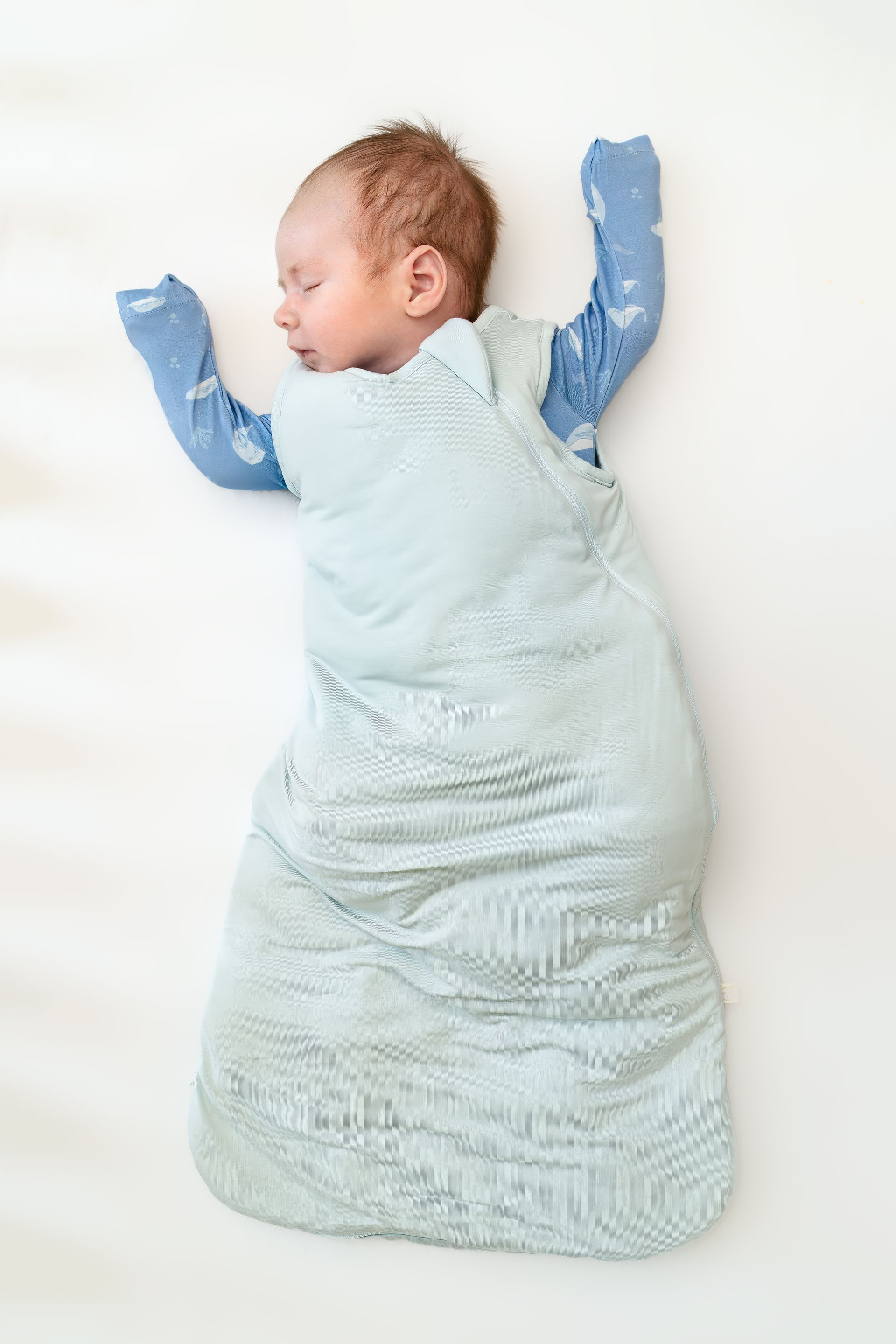What About My Sleep
Tips to help Mom sleep a little more.
Written by Lamis Benjelloun
We wear lack of sleep as a badge of honor. It’s true. Think back in university or college : you often here someone say “I was up all night studying for this test or writing this paper”. As moms, this continues to remain true. While it is widely known that parents, especially moms, do not sleep well due to their babies multiple night wake ups, we as moms tend to glorify how little we sleep. We trade stories of being woken up or only sleeping for a couple of hours all night as if they were war stories, competing for who wins the medal for the least amount of sleep.
But sleep deprivation is a real danger for our health.
“Every major system, tissue, and organ of your body suffers when sleep becomes short. No aspect of your health can retreat at the sign of sleep loss and escape unharmed. Like water from a burst pipe in your home, the effects of sleep deprivation will seep into every nook and cranny of biology, down into your cells, even altering your most fundamental self – your DNA.” (Matthew Walker)
As dismal as that quote is by Professor Matthew Walker, Director of the Center for Human Sleep Science, it is scarily true. There isn’t a whole lot in our bodies that is not affected by sleep. And evidence shows that sleep deprivation is linked to leading diseases such as diabetes, obesity and heart disease.
But as a mom, the most immediate effect I feel of sleep deprivation is my ability to actually “be there” for my kids. The quality of how much I can give them is directly linked to how well I sleep. I am much more likely to sing “the wheels on the bus” for the 54098324 th time if I had a good night sleep!
So how can you improve your sleep with children in tow? you may ask. It’s hard, I will give you this one. But there are things you can do to get a little more sleep, and in this case, any little bit matters.
Go to bed early
The temptation is real. Imagine the scenario: You wait until your kids go to sleep to wash the dishes, prepare for the next day, read, do your work, have a real uninterrupted conversation with your husband, answer those emails, pay the bills, have dinner, catch up on Netflix… and the list goes on. Sound familiar? I know it does to me. This means that I am up until 11 pm or midnight on a daily basis.
Tomorrow, try to make better choices: pick two or three things you would like to accomplish after your kids go to sleep and then head to bed yourself. 8 hours of sleep is the new 10 000 steps!!
Nap
Yes, nap when your baby naps. This may not occur easily but plan for you to get some sleep for at least one of your child’s naps. If you plan for this ahead, you are less likely to find something else more pressing to accomplish during those precious minutes that your baby is napping.
Sleep Routine
You hear creating a routine for baby is crucial to the health of their sleep. But what about you? Do you have a routine that helps you sleep? Lay your outfit for the next day, wash your face, read a book. Whatever it is that helps you, take the time to do it so that when you go to sleep, you are off to snoozeland without a glitch and without spending too much time thinking about all the things you did not get to accomplish that day.
Work on improving your child’s sleep hygiene
Yes, do that, help your baby sleep better so that YOU can sleep better. It is not selfish, we do not have to be sleepless to be good parents. Spend some time to improve your child’s sleep because after all, you cannot pour from an empty cup.





